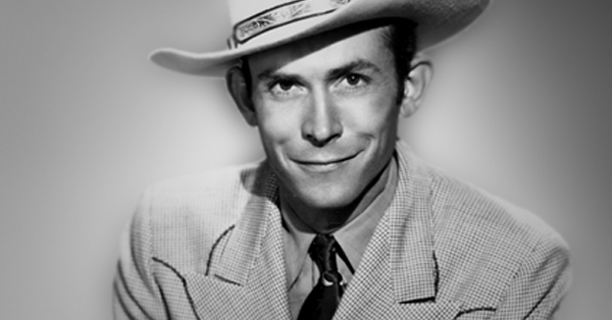
Like it or not, the most lasting symbol of the South is the Redneck. My eight-year-old son thinks General Lee is a car; many of my students don’t know in what century the War Between the States was fought, although they are quick to tell me that it was fought to free the slaves. Mention industrialization, tariffs, or States rights, and their faces go blank. God only knows what Yankees think. They used to insist that the South should forget the past and rejoin the Union. Now that the South is doing just that, they are howling for congressional action to stop the downward flow of industry and technology. For a while the term Dixie conjured up the image of a poor suffering black, but now that a few federal judges have ordered busing and enforced affirmative action guidelines North of the Mason-Dixon line, Northerners are becoming more balanced in their attitude toward the South.
But the Redneck endures. From Longstreet’s rogues and conmen and roughnecks and Twain’s rapscallions to Faulkner’s Snopses and Huey Long’s woolhats and Al Capp’s bumpkins and O’Connor’s fiercely realistic updating of Huck Finn, the Redneck remains the salt of the Southern earth, a race apart, whether he works in the carpet mills in Dalton, Georgia, or in the automobile factories in Detroit or in the aircraft plants on the West Coast.
More @ The Abbeville Institute

No comments:
Post a Comment